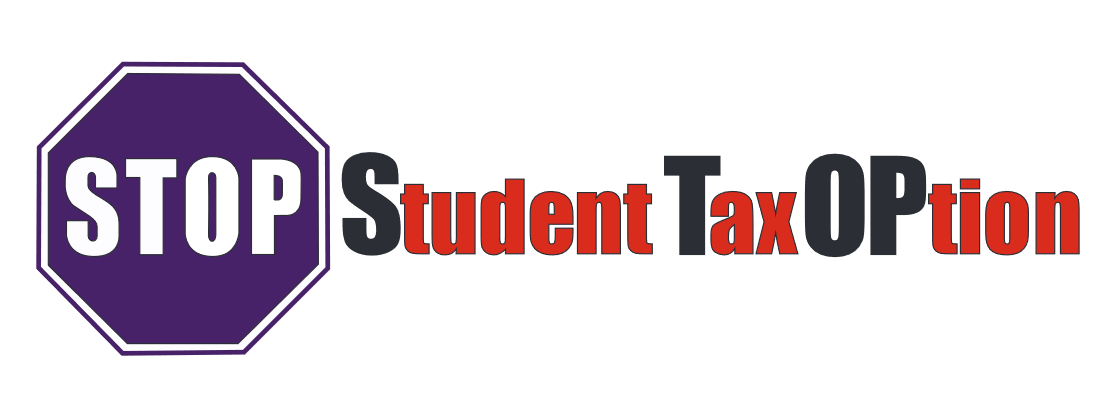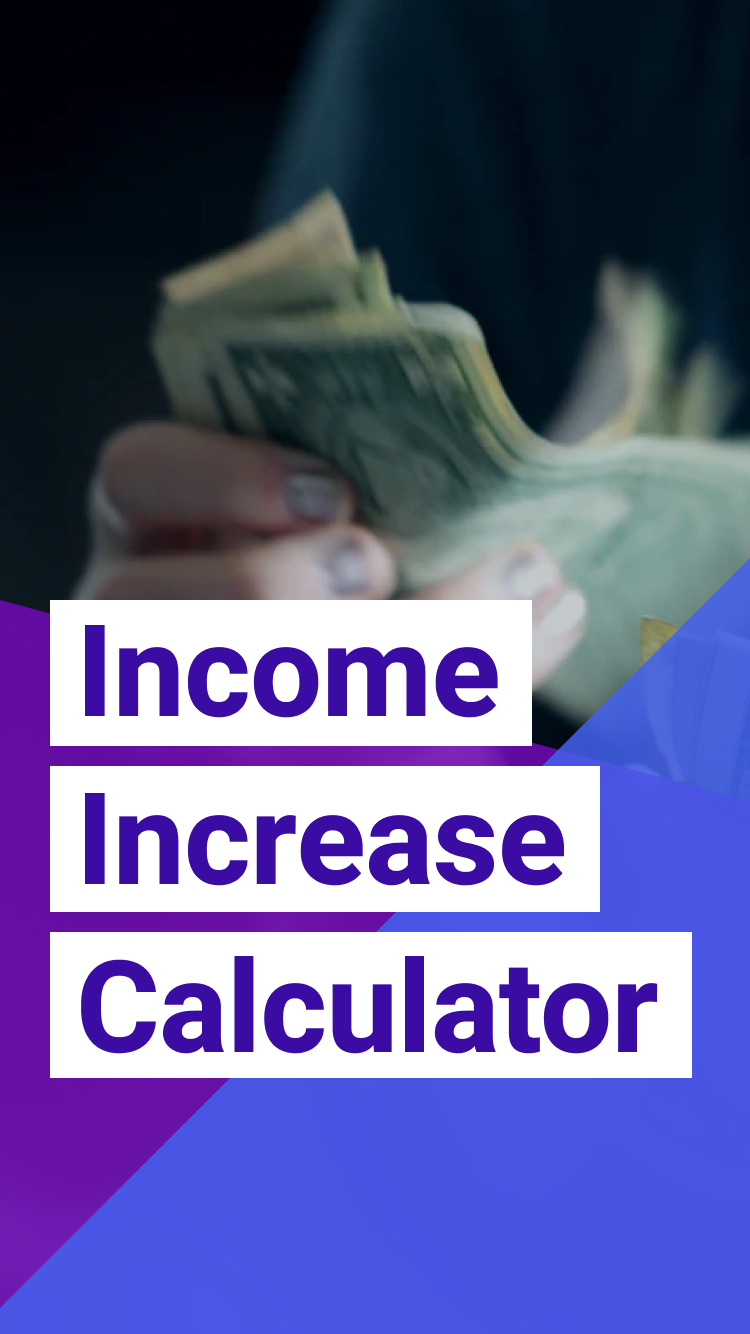If you have the opportunity to pay off your student loan debt, congratulations. It’s a great relief, and another step toward achieving more financial freedom. The process can take years — even decades.
Now, let’s talk about graduates that are enrolled in an income-driven repayment plan. Did you know that their student loan debt may be forgiven after 20 or 25 years? If it sounds too good to be true, you’re right. Loan forgiveness recipients are now hearing more about tax bombs. After loan forgiveness, college graduates are being notified that they now owe more money — to the IRS. They must pay taxes on the amount that was forgiven.
Tax bombs are most common among people with income-driven repayment plans. It can be a big surprise and another financial burden if you are unprepared to make the payment. There is also a chance that your tax bill will be due immediately.
Understanding income-driven repayment plans
If you are enrolled in an income-driven repayment plan, take notes. These plans were designed to last about 20 to 25 years, planning for a payoff by the end of this term. If a balance remains, the remaining cost is forgiven. However, the forgiven amount is now taxed as income.
Avoiding a tax bomb
If your loans are forgiven while enrolled in a different federal student loan program, the remaining balance will most likely be tax-exempt. This means you won’t have to deal with a tax bomb. There are also other scenarios for exemption:
- Goodbye, Perkins loans
If you qualified for having your Perkins loan canceled, you can rest easy about a tax bomb. Eligibility includes working or volunteering in a way that meets the criteria for cancellation.
- You have a different reason for cancellation
If you were enrolled at a school but defrauded by them, your loans can be resolved without the worry of a tax bomb. Another example is if your school closed while you were enrolled.
- Someone dies or has a permanent disability
In the unfortunate event of death or someone becoming permanently disabled, the estate will not be taxed.
Various states offer forgiveness programs. However, it’s best to do your research before assuming that you will be tax-free after loan forgiveness.
Calculating the costs
If you are anticipating a tax bomb, consider these two things: the amount of your loan that will be forgiven and your current financial situation. Keep in mind that a forgiven student loan may also push you into a higher tax bracket; it is additional taxable income. This could bring an even larger tax headache.
Loan forgiveness can also affect your state taxes. It’s always best to check with a tax professional. While doing your research, you will learn that some states don’t have income taxes. Some states also don’t tax forgiven student loan amounts that occurred during the income-driven repayment plan.
Planning for the tax bomb
If you don’t think you will be able to pay off your income-driven payment plan within 20-25 years, start saving. You may have to deal with a tax bomb. Here are two tips:
⦁ Estimate your bill
Did you know that there is a repayment estimator? Visit studentaid.gov to learn more. While tax brackets can change, it is still helpful to begin with a plan. Using the resources from the Bureau of Labor Statistics, gain more insight into your earning potential. Then, you can see how much you may owe.
⦁ Save, save, save
If you know that you will not be able to pay off your loan within the allotted time, it is best to not pay extra on your monthly payments. Instead, set it aside for a potential tax bomb. You can start with $50 each month. You will be amazed at how a small amount grows over time.
Paying for the tax bomb
If the tax bomb payment is too high or unmanageable, there are options. For many people, this large amount of money is not sitting in their bank accounts. Consider all of the other financial goals such as buying a home or saving for retirement.
How should you respond? Learn more about the payment plan agreement through the IRS. Keep in mind that these plans charge fees and interest. Interest rates change every quarter. Depending on the situation, the IRS may also recognize that your liabilities are greater than your assets. This means that you may have a difficult time paying the amount. The IRS may either exclude some of your forgiven balance from your income — or, even better, the full amount.
If you are enrolled in an income-driven repayment plan, start asking questions early. Get connected with a tax professional to see if you will need to prepare for a tax bomb. Knowing where you stand with your loan forgiveness options is the first step to success.




